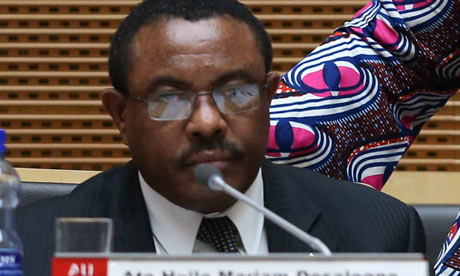Press Release
5 June 2013 – Today, Russian authorities have announced they arere-applying to Interpol to seek a Red Notice to arrest William Browder in spite of the Interpol’s earlier decision rejecting Russian requests for him asillegitimate and politically motivated.
“The Russian authorities can’t seem to be able to take a hint, – said a Hermitage Capital representative. – Officials in the Russian Interior Ministry are apparently more afraid of losing their jobs if they don’t act on Putin’s political order to persecute Mr Browder, than they are of losing any remaining credibility Russia has with international bodies.”
On 24 May 2013, Interpol’s Commission for the Control of Files, an independent body responsible for compliance with Interpol’s Constitution, considered Russian proceedings against William Browder and ruled that they were of “predominantly political nature.” The Interpol Commission recommended that all information in relation to Mr Browder should be deleted from Interpol systems (http://www.interpol.int/News-and-media/News-media-releases/2013/PR063).
On the same day, Interpol’s General Secretariat deleted all information in relation to Mr Browder and informed all member countries about its actions, and also made the information public (http://www.interpol.int/News-and-media/News-media-releases/2013/N20130528).
The Russian authorities, nevertheless, demonstrated complete defiance over Interpol’s decisions and rules.
On 25 May 2013, the day following the Interpol’s decision, the Russian Interior Ministry publicly stated that they will continue to seek Mr Browder’s arrest via Interpol upon completing various formalities with the Russian Prosecutor’s Office(http://ria.ru/incidents/20130525/939429919.html).
Today, it was announced that the Russian law enforcement authorities are going to Interpol again to request his arrest following the Russian Moscow City Court’s rejection of the appeal from Mr Browder’s lawyer who sought to recognise the in absentia arrest as unlawful and unjustified and breaching numerous legal provisions. (http://www.rapsinews.ru/moscourts_news/20130605/267674181.html). The Moscow court’s decision came a day after Alexander Bastrykin, head of the Russian Investigative Committee and Russia’s most senior law enforcement official, publicly stated his “solidarity” with the proceedings against Mr Browder organised by his colleagues in the Russian Interior Ministry (http://5-tv.ru/news/71223/).
William Browder is running a global campaign for justice for late Russian lawyer, Sergei Magnitsky, who was tortured and killed in Russian police custody after exposing the $230 million theft, the largest publicly known case of fraudulent tax refund perpetrated by Russian officials and organized criminals. The campaign culminated last December with the adoption of Sergei Magnitsky Rule of Law Accountability Act in the United States which imposes visa bans and asset freezes on Russian officials responsible for the ill-treatment and death of Mr Magnitsky and the conspiracy he uncovered. On 12 April 2013, the US Government published a list of 16 Russian officials involved in the Magnitsky case. On the same day, the Russian Interior Ministry initiated a request for an in absentia arrest of William Browder.
William Browder is currently advocating for the adoption of Magnitsky sanctions in the EU similar to those adopted in the US. The renewed attack on Mr Browder by Russian authorities is aiming to block his ability to campaign across Europe.
“If Russian authorities continue in their non-compliance with Interpol’s Constitution and abuse Interpol’s systems for the purpose of political persecution, their access to Interpol databases must be suspended under the Interpol rules,” said a Hermitage Capital representative.
For further information, please see:


